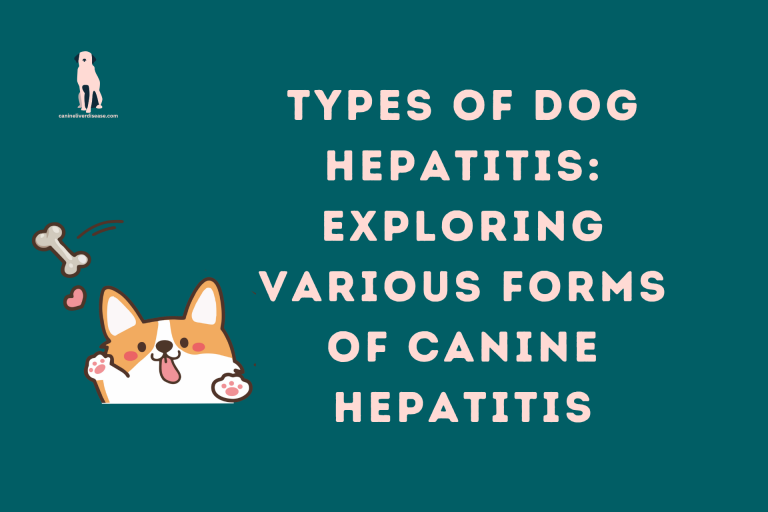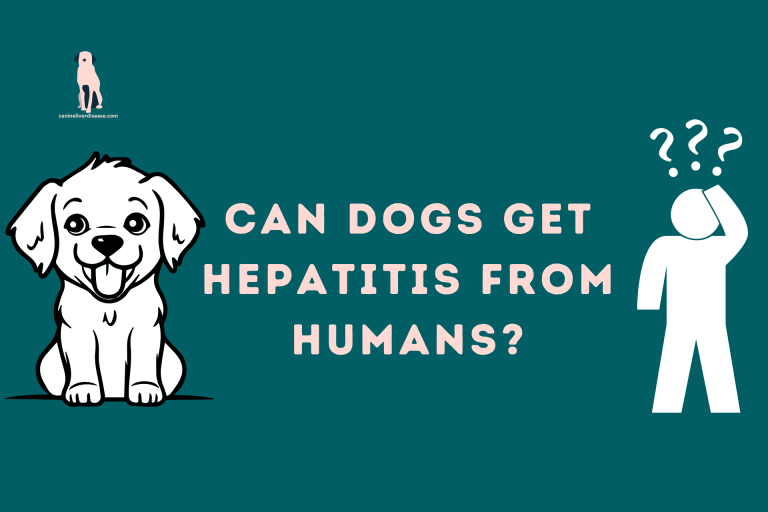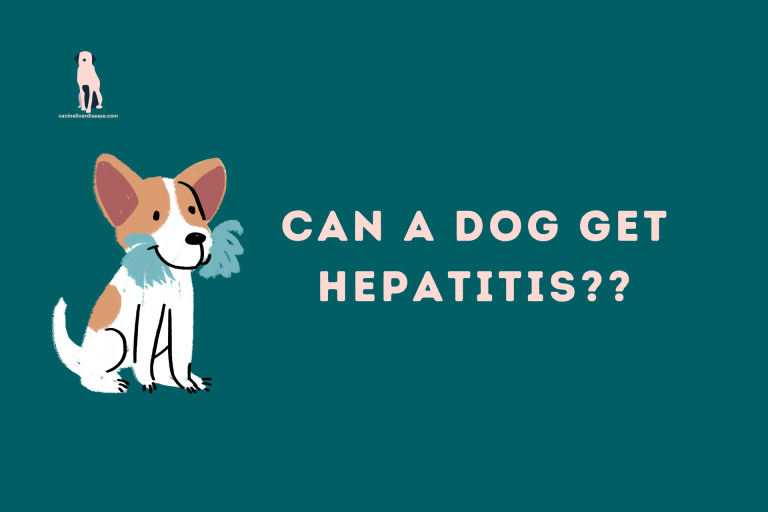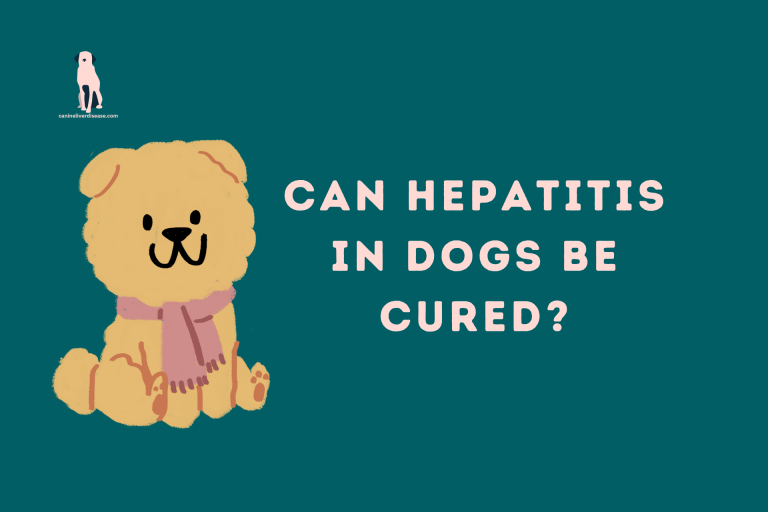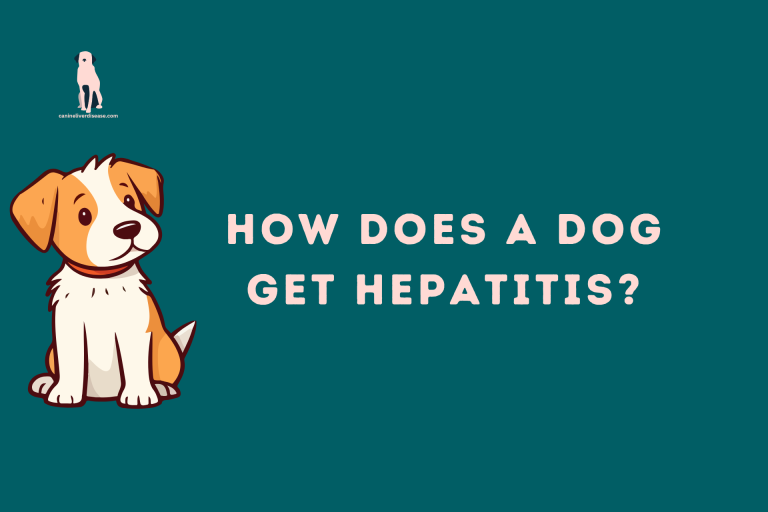Understanding Adenovirus in Dogs: Symptoms, Prevention, and Treatment
Adenovirus, a term that may sound complex, can significantly impact our beloved canine companions. In this informative article, we will delve into the world of adenovirus in dogs, specifically focusing on Adenovirus type 1 (CAV-1) and Adenovirus type 2. We will explore the symptoms, prevention, and treatment, and shed light on the importance of vaccination. Let’s embark on this journey to safeguard the health of our furry friends.
What is Adenovirus in Dogs?
Adenovirus type 1 (CAV-1), also known as Canine Adenovirus 1, is responsible for a condition known as Infectious Canine Hepatitis. This viral infection primarily affects the liver and can cause various symptoms in dogs. Adenovirus type 2, on the other hand, is associated with Canine Respiratory Disease Complex (CRD).
Symptoms of Adenovirus in Dogs
Infectious Canine Hepatitis: CAV-1
- Fever: Dogs infected with CAV-1 often exhibit a high fever.
- Gastrointestinal Symptoms: Vomiting and diarrhea are common.
- Conjunctivitis: Inflammation of the eyes can occur.
- Shedding: The virus can be shed in urine, saliva, and feces.
- Liver Involvement: Hepatitis can lead to jaundice and severe liver damage.
- Blood Abnormalities: Affected dogs may experience blood clotting issues.
Canine Respiratory Disease Complex (CRD)
- Kennel Cough: Adenovirus type 2 is one of the culprits behind this contagious cough.
- Fever: Mild to moderate fever might be present.
- Infectious Tracheobronchitis: This condition leads to respiratory distress.
- Conjunctivitis: Eye symptoms can also occur.
Preventing Adenovirus in Dogs
Vaccination is Key
Vaccination plays a pivotal role in protecting dogs from adenovirus infections. A combination vaccine, DHLPP, which includes protection against Distemper, Hepatitis (CAV-1), Leptospirosis, Parvovirus, and Parainfluenza, is recommended.
- Puppy Vaccination: Puppies should receive their first vaccinations at 6-8 weeks of age.
- Booster Shots: Regular booster shots are essential to maintain immunity.
- Kennel Cough Vaccine: Adenovirus type 2 protection is available as part of the kennel cough vaccine.
Diagnosing and Treating Adenovirus in Dogs
Seeking Veterinary Care
If you suspect your dog may have adenovirus, it’s crucial to consult a veterinarian promptly. Diagnosis typically involves blood tests, urine analysis, and a thorough examination. Early detection can improve the chances of successful treatment.
Treatment
- Supportive Care: Dogs with adenovirus require supportive care, including fluids and rest.
- Antibiotics: Antibiotics may be prescribed for secondary bacterial infections.
- Hospitalization: In severe cases, hospitalization might be necessary.
- Isolation: Infected dogs should be isolated to prevent the spread of the virus.
Frequently Asked Questions (FAQ)
Q1: Can humans get infected with adenovirus from dogs?
A1: No, adenovirus in dogs is not transmissible to humans. It is a canine-specific virus.
Q2: Is vaccination against adenovirus necessary?
A2: Yes, vaccination is crucial to protect your dog from adenovirus infections. It’s an integral part of their overall health care.
Q3: Are there any long-term effects of adenovirus in dogs?
A3: Adenovirus infections can sometimes lead to chronic liver issues, but early diagnosis and treatment can minimize these risks.
Conclusion
In conclusion, adenovirus in dogs, particularly CAV-1 and CAV-2, can pose a serious health threat. Recognizing the symptoms, ensuring proper vaccination, and seeking prompt veterinary care are essential to safeguarding your canine companion. Prevention is key to keeping your furry friend happy and healthy. Don’t wait – consult your vet and make sure your dog’s vaccinations are up-to-date to protect them from this viral menace. Your dog’s well-being is in your hands!

